
A new year brings many things to the forefront, including the January birthstone: garnet. The striking beauty of this stone is equaled by its centuries-long popularity. As archaeological and literary research reveals, red garnet was among the most common stone of jewelry worn by ancient Egyptian pharaohs and members of royalty, and in ancient Rome, red garnets were highly sought-after in the trade market. As if that isn’t enough fascinating reasons to showcase garnet, Jim Perkins, the man behind Faceting
Focus, reports receiving many requests about a garnet cut pattern he created. Perkins aptly named the pattern, Fire Engine Garnet.
Bu hikaye Rock&Gem Magazine dergisinin January 2020 sayısından alınmıştır.
Start your 7-day Magzter GOLD free trial to access thousands of curated premium stories, and 9,000+ magazines and newspapers.
Already a subscriber ? Giriş Yap
Bu hikaye Rock&Gem Magazine dergisinin January 2020 sayısından alınmıştır.
Start your 7-day Magzter GOLD free trial to access thousands of curated premium stories, and 9,000+ magazines and newspapers.
Already a subscriber? Giriş Yap
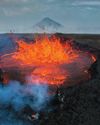
THE BRIGHT SIDE OF VOLCANIC ROCK
As a mineral resource, volcanic rock is decidedly short on glamour.
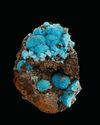
The Other Copper Minerals
12 Lesser-known Collectible Species

MINERAL COLLECTING -AND ROCK & GEM
Evolving Together FOR 54 YEARS
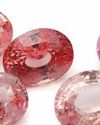
Gemstone Trends
A Look Back at 2024 & What to Expect in 2025
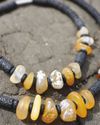
How to Make a GEM BEAD NECKLACE
No Lapidary Experience Needed!
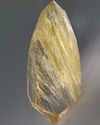
Framing Nature's Art
Faceting Rutilated Quartz for Beginners
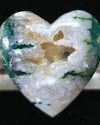
BEDAZZLED BLUE SEAM AGATE
More than several centuries ago, mining was the profession most often seen as befitting of men.
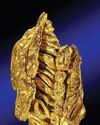
ROCK & GEM FIELD GUIDE:
Spinel is a captivating gemstone with a rich history of being mistaken for gems like ruby and sapphire.
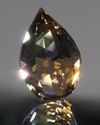
SNAKE SCALE DROP 1.5:1
This Faceting Focus is revisiting the briolette gemstone design because of its popularity with independent and hobby gemstone faceters.

STONE CHIC
How Earth-Inspired Decor Brings Comfort to our Home